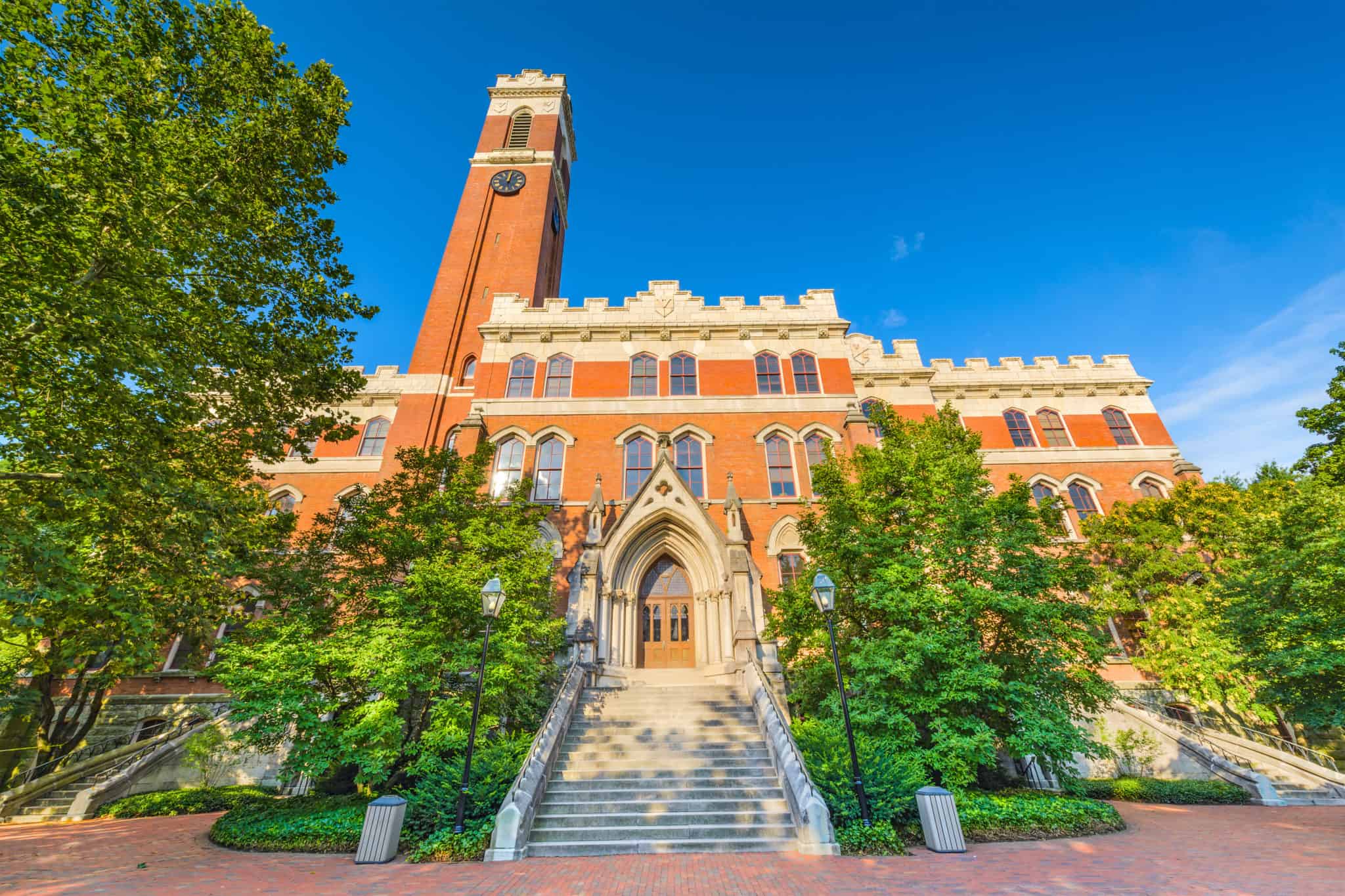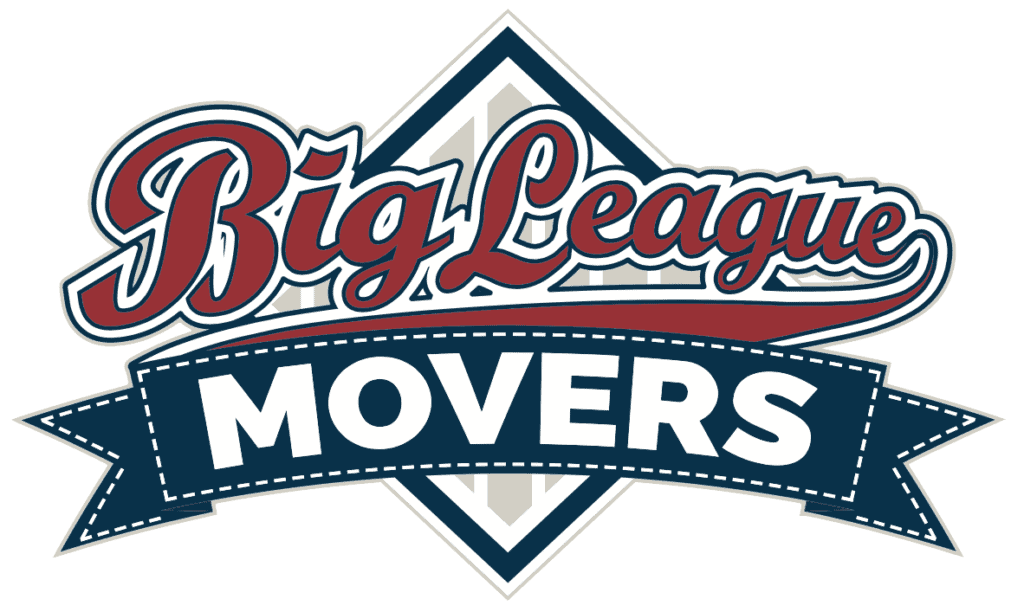Nashville’s nickname, the Music City of the US, goes back to the 19th century when the town became the national hub for music publishing. Since then, it’s only continued to blossom into the cultural center for artists, musicians and entrepreneurs and is still thriving today. Home of the Grand Ole Opry, an avenue packed with honky-tonk bars and a city of driven residents, living in Nashville is far from typical. This community of artists and entrepreneurs helped launch its now-thriving economy, creating Nashville jobs for people of all ages. US News have even named Nashville the 11th best place to live in the country mainly based on its relatively low cost of living compared to other cities and access to new and interesting careers. Moving to Nashville is quickly growing in popularity, however, with home prices on the rise and Nashville’s population only recently plateauing after years of fast expansion. Check out many of the benefits of living in Nashville during this exciting time as well as some of the ways to settle down and connect with the local community. 
Who Lives in Nashville?
Nashville’s population balances an enthusiastic community of young business owners and retirees. Named one of the top places to retire in the country, Nashville features a large percentage of residents over 65 years old. The US Census estimated the number of people living in Nashville in 2017 at just under 670,000. The total population throughout the entire Nashville-Davidson Metro area, however, is over 1.87 million people. With the influx of residents in their 30s, the number of children in Nashville also continues to rise. Over 20 percent of those living in the Nashville area right now are under the age of 18. This partially has to do with the large number of young students in the region. Though Nashville demographics are primarily white—over 72%—the city proudly hosts a wide array of immigrants from all over the world as well as cultural festivals to celebrate their history. According to the Tennessean, 30 percent of young students spoke a language other than English at home as of 2017.
Cost of Living in Nashville
So how much does it cost to live in Nashville? Though the average cost of a home is still on the rise, the market is beginning to cool, calming the rush of those considering moving to Nashville. The median home cost as of the end of 2018 is at $261,300, which is an impressive 9.2% increase from last year. Apartments for rent in Nashville go for around $1,600 a month, making this an affordable city for those looking for a first home in a metropolitan area. Outside of home prices, Nashville cost of living is comparable—and even a bit cheaper in some categories—to Atlanta. With a strong foodie scene, Nashville restaurant prices tip the scales a bit, with an average meal for two at a nicer restaurant costing about $60. Numbeo estimates that a family of four requires just over $3,000 for basic expenses not including rent to live in Nashville. Tennessee residents do have a unique tax arrangement however. Wages and salaries are not taxed by the state, but only on interest and dividend earnings. 
Neighborhoods of Nashville
Some of the most highly rated neighborhoods in Nashville also happen to be the most expensive. With homes hovering in the $1 million range, these areas skew the median home prices with a mix of old money and young, creative types who bought homes just before the economic boom in the city. Richland and West End are one of the best places to live in Nashville if you’re a creatively focused business owner or independent artist. Many of your neighbors will have a similar background and snatched up homes early in the city’s rise. With easy access to town and a strong sense of community, young families with larger incomes makes this a peaceful spot to raise children. For an artistic and passionately liberal community, try the hip Belmont neighborhood. A mix of refurbished Tudor mansions and 1930’s cottages bring a mix of residents, most of which are active in supporting the nearby small businesses within walking distance. Five Points is another growingly popular place to settle down in Nashville. With access to excellent public and magnet schools, this accessible neighborhood offers a mix of home prices. Residents here also enjoy easy access to shops, restaurants and bars, making this a desirable spot for active young parents.
Weather in Nashville
As a Southern City, Nashville weather remains on the warmer side throughout the year, but does see some freezing temperatures in the winter. Average lows in January hang around 28 degrees Fahrenheit while highs in the summer reach the upper 80s. These moderate temperatures make it a fine place to live year round, rarely featuring extremes in temperature or precipitation. The city does quiet down during the winter, but temperate weather means that the city can still host plenty of outdoor festivals around the holidays.
Things to do in Nashville
There’s no question that tourists and new residents flock to Nashville for spots like the Grand Ole Opry, the Country Music Hall of Fame and some of the best music bars in the country. Nashville has recently made its way onto the culinary map as well, hosting hoards of well-known chefs and their flagship restaurants. Visitors can jump between five-star dining spots and old favorites that serve traditional barbecue and hot chicken. Craft drink lovers can also jump from spot to spot, tasting an endless collection of small-batch brews and artisanal spirits at the local distilleries.
Families with young children will also find plenty to do in Nashville, between the Adventure Science Center, the Nashville Zoo or any number of music-themed outings. Get outside with the kids at the Cheekwood Estate and Gardens or have an adventure at the massive waterpark, Nashville Shores.
Where to Work in Nashville
Even though the city is known for its music scene, some of the best jobs in Nashville are actually emerging throughout the tech startup and healthcare industry. Young entrepreneurs took to the small city to grow their passion projects, utilizing the creative workforce to build their now-thriving businesses. Similarly companies like WeWork recently set up a new location in Nashville, reflecting the need for businesses that support contractors and the motivated small-business owner. Outside of the tech, fashion and arts scene, thousands of those living in Nashville enjoy healthcare jobs throughout their collection of hospitals and healthcare brand headquarters. Startup healthcare companies, many of which are owned by women and millennials, also fill the Nashville job scene. The median Nashville household income is just about $54,000, which is higher than the state median as a whole. Residents should factor in extra time for travel, as the average commute is a bit longer than most cities of its size, with travel mainly banking on the use of cars. 
Nashville Schools
There is no doubt that Nashville is known for its enthusiastic college scene, hosting Middle Tennessee State University, Vanderbilt University and Belmont University, among others. As for those with younger children, Nashville magnet and charter schools abound, offering options to specialize in the subject of the student’s choice once reaching high school. Private options include The University School of Nashville, rated the top private, K-12 school in the state by Niche. Nashville also offers an education that focuses on various religious backgrounds, from Catholicism to Friends Quaker Schools. Moving to Nashville opens up a new world of exciting, arts-driven activities matched with an enthusiastic southern community. Whether you’re coming from across the country or across town, Big League Movers provides one-on-one attention to each of our clients. Contact us today to discuss your packing, storage and moving needs when relocating to the beautiful city of Nashville.

